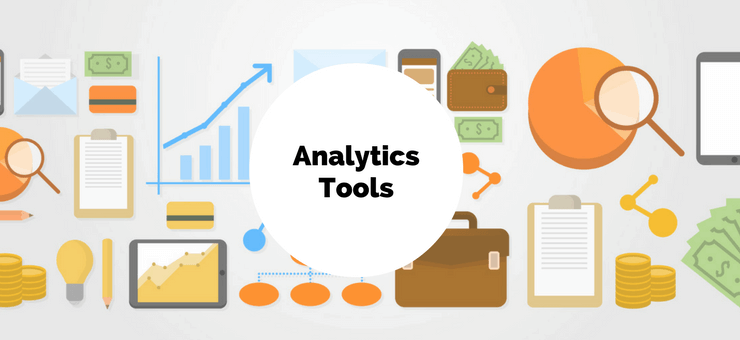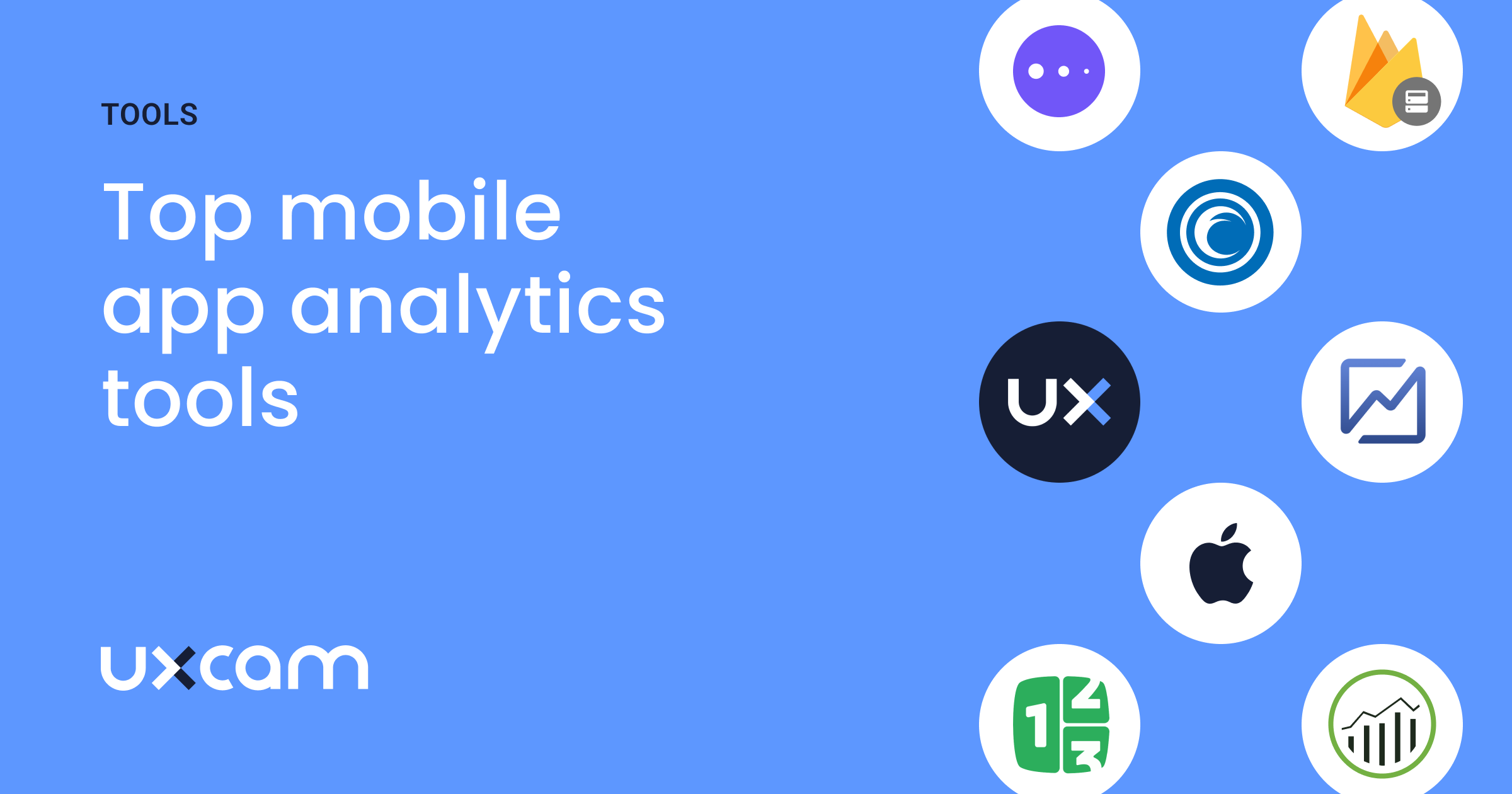Discover Hidden Opportunities with Modern Analytics Techniques
Discover Hidden Opportunities with Modern Analytics Techniques
Blog Article
Take Full Advantage Of Growth: Just How Analytics Drive Better Approaches
By harnessing data understandings, businesses can fine-tune their functional approaches, expect market adjustments, and enhance client engagement. The challenge exists not only in gathering information yet in successfully analyzing it to drive tangible outcomes.
Recognizing Information Analytics
Data analytics is a systematic computational analysis of data that makes it possible for companies to uncover meaningful patterns and insights. This process includes a range of strategies, consisting of analytical evaluation, anticipating modeling, and data mining, which collectively aim to change raw information right into workable details - Analytics. By employing these approaches, companies can make enlightened choices that are rooted in empirical evidence rather than intuition alone
The foundation of information analytics exists in its ability to manage vast amounts of info from varied resources. This consists of organized information, such as databases, and unstructured data, including social networks communications and client responses. Via using specialized software program and tools, analysts can remove and refine this information successfully, recognizing trends and correlations that may not be instantly evident.
Understanding data analytics also includes acknowledging the value of data high quality and stability. Exact and trustworthy data is essential for meaningful evaluation; therefore, organizations have to carry out robust information administration practices. The repetitive nature of analytics allows for constant refinement and enhancement of strategies, making sure that organizations continue to be agile in the face of transforming market dynamics and customer behavior.
Secret Advantages of Analytics

Among the vital advantages of analytics is its ability to supply workable understandings. Organizations can quickly evaluate huge quantities of information, uncovering patterns that may not be right away noticeable. This aids in expecting market changes and adapting approaches as necessary. In addition, analytics cultivates a society of evidence-based decision-making, reducing reliance on instinct and uncertainty.
One more considerable benefit is enhanced customer understanding. Analytics devices make it possible for businesses to sector their target market, track customer behavior, and personalize marketing efforts. This targeted method not only improves consumer interaction however also drives greater conversion prices.

Implementing Analytics Approaches
To completely understand the benefits of analytics, organizations have to embrace organized techniques for execution. This begins with plainly specifying objectives that line up with broader company goals. By establishing specific, measurable end results, companies can concentrate their analytics initiatives on areas that produce the highest return on financial investment.
Next, companies need to focus on information governance to guarantee the stability and safety and security of the information being evaluated. This entails establishing up procedures for information collection, storage, and gain access to while sticking to pertinent laws. Ensuring useful content high-quality data is critical for producing meaningful insights.
Furthermore, fostering a society of data-driven decision-making is crucial. This requires training employees to interpret analytics findings and encouraging partnership across departments. They are a lot more likely to integrate insights into their daily operations. when groups recognize the worth of analytics.
Last but not least, companies need to routinely review and refine their analytics strategies. The landscape of data and modern technology is consistently advancing, and remaining versatile will allow companies to utilize brand-new tools and approaches efficiently. By implementing these organized methods, organizations can maximize the effect of their analytics efforts and drive lasting growth.
Tools for Efficient Analysis
Reliable evaluation counts on a range of tools that facilitate the removal of insights from information - Analytics. These tools can range from straightforward spread sheet applications to sophisticated equipment discovering platforms, each offering a distinct purpose in the logical process
Information visualization software, such as Tableau and Power BI, plays a crucial function in changing complicated datasets right into understandable visual representations. These devices make it possible for experts to identify trends and patterns quickly, allowing for more informed decision-making.
Statistical evaluation software application, like R and SAS, supplies advanced abilities for performing in-depth analyses, consisting of regression, theory testing, and predictive modeling - Analytics. These functions encourage companies to draw significant final thoughts from their information, recognizing potential chances and dangers
In addition, data source management systems such as SQL and NoSQL databases offer the essential framework for storing and querying large volumes of data effectively. They make sure that information is arranged and obtainable for evaluation.
Lastly, business intelligence platforms incorporate different YOURURL.com information sources, offering an extensive sight of organizational efficiency. By using these tools efficiently, companies can enhance their analytical capabilities, enabling them to develop strategies that maximize development and boost total efficiency.
Situation Research Studies of Success
Successful organizations often leverage information analytics to drive impactful approaches, as confirmed by a number of noteworthy case studies. One noticeable instance is Netflix, which uses sophisticated formulas to examine customer preferences and actions. By using these insights, Netflix has efficiently customized its material suggestions, resulting in raised individual interaction and subscriber retention. Their data-driven strategy has certainly contributed to their standing as a leading streaming service.

Additionally, Starbucks utilizes data analytics to figure out optimum shop locations and refine its product offerings. By checking out consumer demographics and purchasing patterns, Starbucks successfully determines high-potential markets and tailors its food selection to regional preferences, driving sales and consumer commitment.
These study illustrate that effective utilization of data analytics can result in calculated benefits, promoting advancement and development within companies throughout different markets.
Final Thought
In verdict, the combination of analytics into business methods considerably enhances decision-making procedures and promotes sustainable development. The efficient implementation of analytics devices even more supports dexterity and development, enabling companies to navigate affordable landscapes with greater accuracy.
Data analytics is an organized computational analysis of information that allows organizations to discover meaningful patterns and understandings.Understanding information analytics also involves acknowledging the relevance of data quality and stability. Exact and trustworthy information is important for significant analysis; therefore, companies need to implement robust information governance methods.Following, organizations must focus on data governance to make certain the integrity and security of the data being examined.Effective organizations commonly leverage data analytics to drive impactful strategies, as confirmed by numerous notable situation research studies.
Report this page